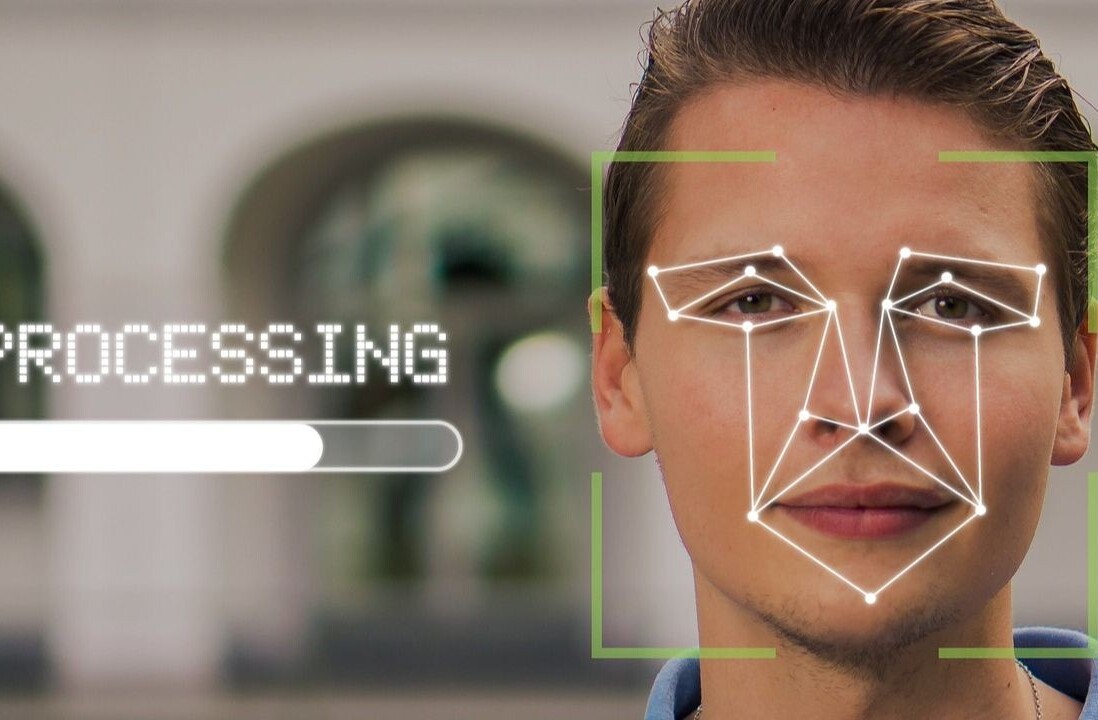
Edward Snowden is one of the most divisive figures on Earth. Whether you consider him a hero or a villain, a patriot or a traitor, the former CIA employee has transformed our understanding of mass surveillance.
Snowden rose to fame after leaking classified information about government spying. The files exposed a shocking range of high-tech intrusions, from snooping on world leaders to monitoring the porn preferences of Islamists.
The revelations sparked parliamentary inquiries, intelligence reviews, diplomatic incidents, and heated public debates about security and privacy.
The repercussions continue to reverberate today. They have also condemned Snowden to a life in exile — but he continues to speak out.
Now a privacy advocate, Snowden has unique experiences and insights about invasive technologies. At TNW Conference 2022 this Thursday, the world’s most famous whistleblower will discuss the dangers they pose in one of tech’s hottest fields: the metaverse.
We recently reported on his concerns about another pressing privacy issue: the mass surveillance measures introduced during the pandemic. You can read our coverage of the issue below.
COVID-19 isn’t the first global pandemic, but it is the first of the algorithmic age.
This has created both opportunities and threats. While digital evangelists argue that tech is curbing the virus, critics are concerned that it’s supercharging surveillance.
Edward Snowden raised the alarm about the drawbacks in March 2020 — days after the World Health Organization declared the outbreak a pandemic.
The whistleblower warned that the systems being launched would be hard to remove once the pandemic receded.
“When we see emergency measures passed, particularly today, they tend to be sticky,” he said.
“The emergency tends to be expanded. Then the authorities become comfortable with some new power. They start to like it.”
Snowden spoke amid a rapid rollout of an array of invasive tools and rules, from biosurveillance systems to drone monitoring. Amnesty International said that human rights restrictions were spreading almost as quickly as the virus.
These ostensibly brief intrusions can quickly be extended. The USA Patriot Act, for instance, granted many powers on a temporary basis that later became permanent.
Snowden suspected that history would soon be repeated. Two years later, his prediction is proving prescient.
Governments have sought to make emergency powers permanent and integrate their new tools into broader surveillance systems.
The tech they introduced to tackle COVID-19 has also been turned to other targets — a phenomenon known as “function creep.”
Police, for example, are using contact tracing data for unrelated investigations, while “fake news” laws are being exploited to arrest government critics.
This may only be the start. Marcel Fafchamps, a senior fellow at the Center on Democracy, Development, and the Rule of Law, expects the erosion of freedoms to increase:
These tools will be used by totalitarian regimes to control their population better… COVID-19 has justified the loss of the last bit of privacy we had left, namely, our health data and who we meet in the park.
Politicians appear to have heeded the advice of Winston Churchill: “Never let a good crisis go to waste.”
Unfortunately, this may be to the detriment of our rights and liberties.
Edward Snowden will be speaking at TNW Conference on 16 June in Amsterdam. To hear his thoughts on this and more, you can buy a ticket here.
Get the TNW newsletter
Get the most important tech news in your inbox each week.




